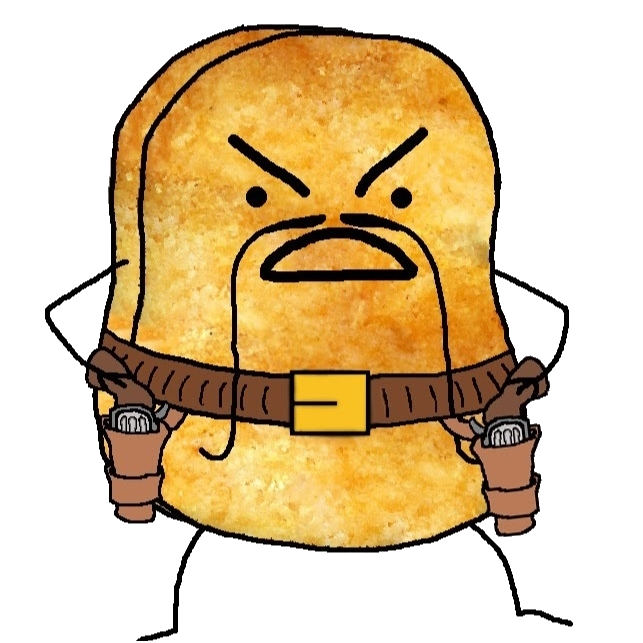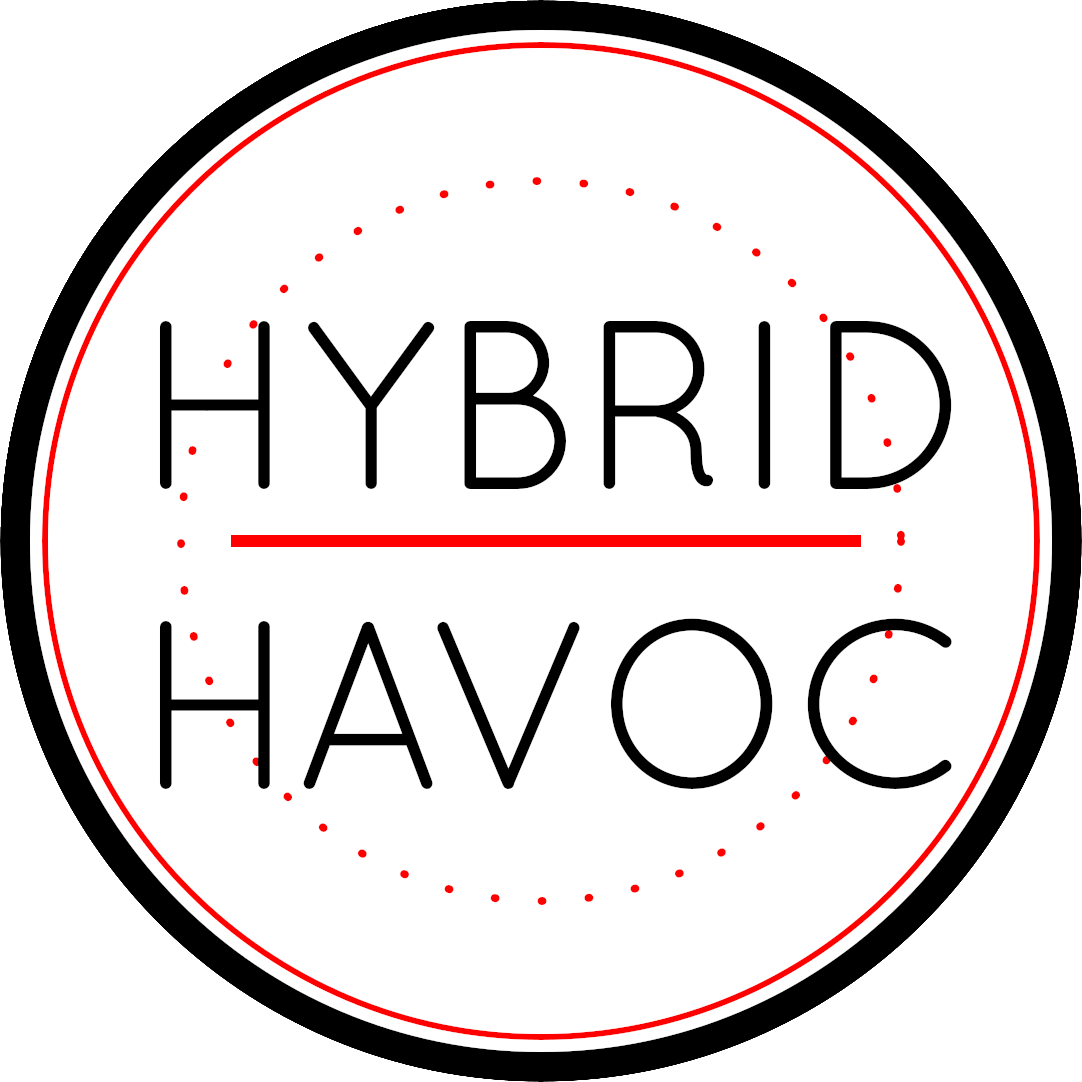I’ve basically been ordered to pick up any fiction book and read, after a friend discovered I’ve not read anything but non-fiction for a decade.
The ones I’ve enjoyed in the past have been short, fantastical or sci-fi (think Aldous Huxley, Ian McEwan), but crucially with amazing first person descriptive prose - the kind where you’re immersed in the writing so much you’re almost there with the character.
I liked sci-fi as the world’s constraints weren’t always predictable. Hope that makes sense.
Any recommendations?
Edit: I’m going to up the ante and, as a way of motivating myself to get off my arse and actually read a proper story, promise to choose a book from the top comment, after, let’s say arbitrarily, Friday 2200 GMT.
Edit deux: Wow ok I don’t think I’ve ever had this many responses to anything I’ve posted before. You’ve given me what looks like a whole year of interesting suggestions, and importantly, good commentary around them. I’m honouring my promise to buy the top thing in just under 4 hours.
I can’t believe that **Hitchhiker’s guide to the gallaxy **isn’t mentioned yet!
Its more of a funny story set in the future but its a classic, and its well worth reading (all 4 books of the trillogy)
John Scalzi’s book are an easy read. Its a lightweight Sci fi though.
Old Man’s War, and Starter Villain are the two of his books I’ve read and enjoyed.
I know you’ve been recommended a lot of books.
Like you I only ever read non-fiction.
Then someone gave me a copy of Slaughterhouse 5 by Kurt Vonnegut.
You might like a lot of his work. It’s not exactly fiction and not exactly non-fiction.
Anyway, good luck on your adventure! You are doing something brave and interesting. Let us know how you get on.
Can’t believe no one has mentioned it already but the book that got me into reading was “Enders game” by Orson Scott Card. Fairly short and has a split set of follow up books that branch off in 2 directions in you want more.
Snow Crash by Neil Stephenson.
And then everything else by Neal Stephenson.
Diamond Age is a somewhat sequel. Seveneves is epic sci Fi on a grand scale.
Fall, Reamde, Termination Shock, and cryptonomicon are good near-present sci fi written in similar style. Very action packed with interesting characters.
Anathemos ambitious, takes work to read, but is worth it in the end.
The Baroque cycle is historical fiction that is framed around real scientists. It is very long and took me three tries to get started, but it was also worth reading.
Out of all of that, I’d argue Snow Crash is the most accessible, followed by the Baroque Cycle.
Cryptonomicon and Anathemos are more or less unreadable.
Cryptonomicon I had no problems with, read it thrice now. Anathem was tough, took effort to get 1/3 thru but then went by easily.
It was only after reading anathem that I felt I could do anything and started Quicksilver for the third time and actually finished it. After that the next two in the Baroque cycle were easy.
Four Ways to Forgiveness by Ursula K Le Guin.
The book 1984 is a brutal version of Brave New World. Also Dune was pretty good for me.
I’d recommend Neverwhere by Neil Gaiman.
It fits fantastical, I think and it’s also listed as sci-fi, but not sure it is.
It’s the book I suggested to a mate of mine who wanted to get back into reading again. He loved it so much that he bought a 2nd proper copy with illustrations by Chris Riddell, my favourite illustrator.
I made a comment somewhere else a few days ago so I’ll just copy paste.
Les Misérables is easily the best book I’ve ever read in my entire life. A few years ago I read a shorthened version of it and even then I was fascinated by it. I finished reading the full text two months ago and oh my fucking god this book is the best thing ever written.
I’m Turkish so I read the Turkish translation (will read the full text in English and French when I learn it) and on the back of it, it says something along these lines:
“… Les Misérables is the third and the most majestic collumn of the author’s novel trilogy that tells of the society…”
And I completely agree with that. This book is simply timeless. The characters, situations, unjustice, inequalities, all the suffering in it could be applied to any society. This book is real.
The messages that it sends are solutions to topics that seemingly anybody with a functioning brain should be capable of thinking and realizing. And yet, these solutions are ignored and refused because of greed, revenge, bloodlust and most important of all, ignorance.
The main character of the book, Jean Valjean is the embodiment of redemption. His entire arc teaches us how to treat criminals. Some countries today are taking these lessons and applying them. The lessons being; treat them as human, rehabilitate them. The result? They actually do heal and return to society as normal human beings.
And yet you see people against this practice. Those kinds of people are blinded by bloodlust and revenge. They are the same kind of people that were racist, sexist and much more back in the day. The arguments that these people bring don’t hold up either. The most common one I see (at least from my perspective) is this:
“You wouldn’t react this way if they hurt one of your loved ones!”
The fact that these people don’t know anything about me aside, this argument is pointless as it implies that I would be blind to fact and logic when I’m in pain. And while that is true, me being angry over an apple falling onto my head won’t make gravity any less real. In other words, so what?
The biggest victims of this mentality are pedofiles. Not the ones that do engage in action. But rather the ones that don’t harm anybody are aware of their issue. For instance, if a non-engaging pedo went to a therapist and told them of their issue, what would the therapist do? Call the police of course. And what would that do? Their life would be pretty screwed from that point forward. Assuming they are the non-engaging type, of course. I don’t believe this to be the correct attitude towards these kind of cases.
I would also like to dive into other topics that the book covers (and perhaps extend on this one) but it would be way too long for a comment. Thank you anyone reading this far. I would like to hear your opinions on the matter and discuss even!>>
Haven’t seen this one mentioned, but The Three-Body Problem by Liu Cixin might work. I don’t believe there’s a lot of first person, but it’s an interesting read.
IMO this is a wild recommendation to give to someone that doesn’t do a lot of reading.
That’s fair, I had thought op had mentioned they didn’t read fiction, not that they didn’t read at all. Maybe I missed some nuance in the comments, thanks for pointing it out if I did. For all I knew they could be reading Foucault. Enjoyable read regardless, I wouldn’t be discouraged.
Adding to the pile.
Peter Watts. Most of his works are available on his site for free - https://www.rifters.com/real/shorts.htm
Greg Egan. Start with Diaspora.
Alastair Reynolds. I recommend starting with short fiction in Revelation Space and looping back to main novels. I accidentally approached it that way, and the experience of all the stories linking together was downright magical.
Charles Stross’ “Neptune Brood” explores the idea of debt under the guise of a space opera-ish action. Afterwards, Glasshouse and linked books will present a different existential crysis to mull over.
Cory Doctorow’s Little brother is an excellent book to follow 1984 with. And a great start to the rest of his biography.
N. K. Jemisin’s “Broken earth” was quite a treat, prose- and story-wise.
Ann Lecke’s “Imperial Radch” is a brain-twister, especially for someone whose native language is gendered all throughout. It was fun giving up on information I’m used to have in words.
Pierce Brown’s “Red rising” has one of the best flowing prose I’ve read. Do mind that the story was initially planned to be a trilogy, and it clearly shows in narration.
Mark Lawrence’s everything. “Power word kill” is a great play around DnD, and “The broken empire” has the most loathsome protagonist you’ll ever root for.
Roadside Picnic. Not too long, but phenomenal overall and told via first person.
Nation by Terry Pratchett. It’s a beautiful and introspective book that has all of STP’s humor, humanity and insight but it’s completely self contained. I read it recently and wanted to read it again right away.
If you’re into the sci-fi, you’ll probably like Project Hail Mary, it’s hard sci-fi and you get very invested in the story.
Ray Porter also does a great audiobook narration of it on audible.Thirding this. Excellent book. Jazz hands!
The time is up. I have a promise to keep.
Thanks for the recommendation!

I hope you enjoy it!
I actually picked it up again after recommending it myself lol
I’m going to be upset if they change the ending in the movie, it was amazing
Read Everworld










